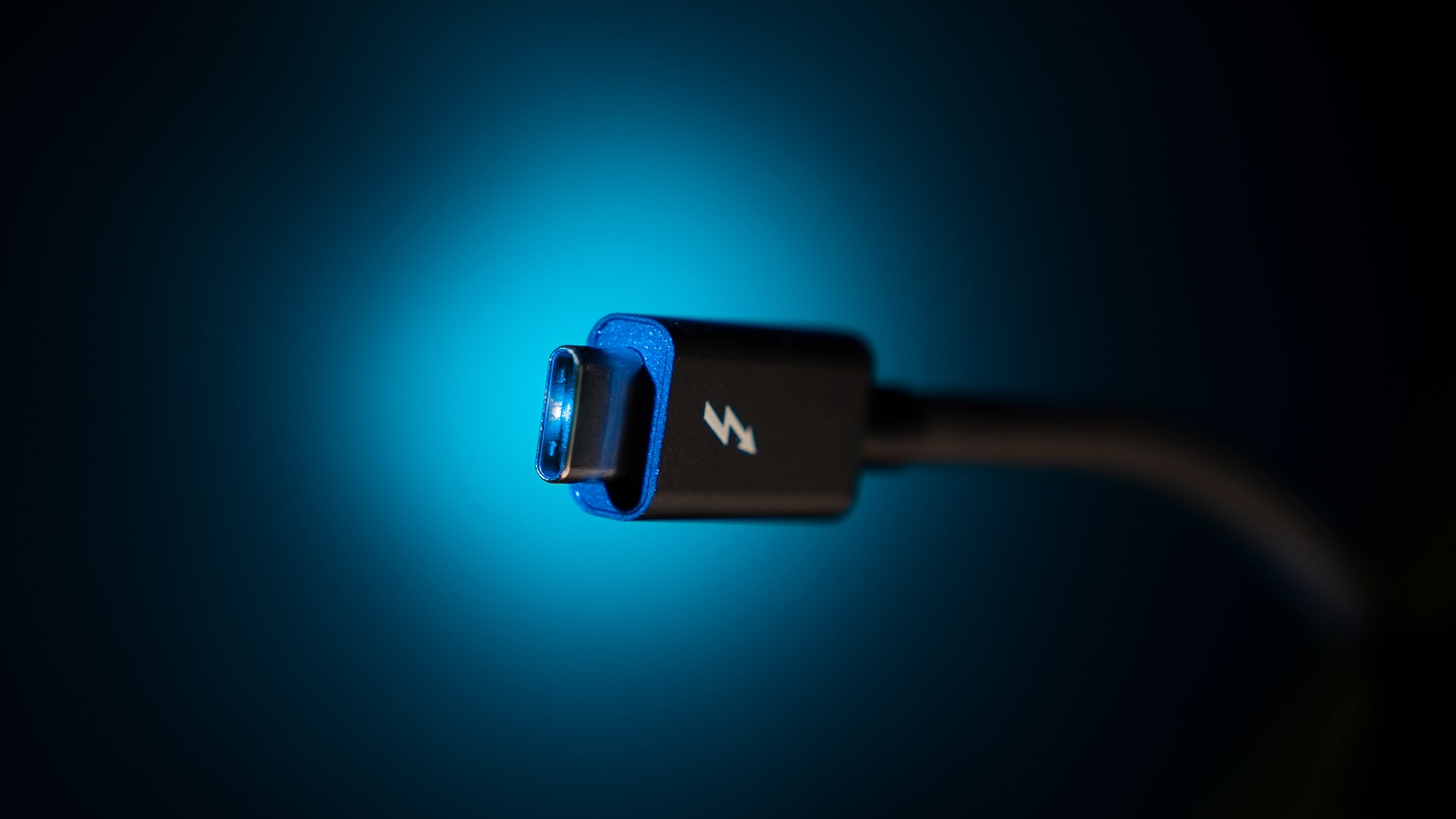Sometimes small chips cause major problems. According to a report from Igor’sLab, Intel recently had to allow its partners to use previously uncertified USB Type-C and Power Delivery controllers from Texas Instruments with its latest Tiger Lake platforms, as well as previously-uncertified discrete Thunderbolt 4 JHL8440/JHL8540 ‘Maple Ridge’ controllers.
Every personal computer nowadays uses multiple power management ICs (PMICs), and if a PC maker cannot get enough PMICs of a certain type, it cannot ship the whole system.
A handful of companies make USB Type-C and PD controllers, with the main suppliers being Texas Instruments and Cypress. Intel usually demands that its partners use very specific USB Type-C and PD controllers with its TB3 and TB4 controllers to ensure compatibility and a consistent user experience, but chip shortages have reportedly forced the company to reconsider those requirements.
Typically, Thunderbolt 3 (TB3), Thunderbolt 4 (TB4) and USB 4 implementations include two or three key chips: a controller, a retimer or a redriver (always for TB4, sometimes for other interfaces), and a USB Type-C and Power Delivery (PD) controller that detects cable orientation, assigns USB PD, and arranges alternate mode settings for internal and external multiplexers.
For Tiger Lake-based systems with Thunderbolt 4 ports, Intel wants its partners to use Texas Instruments’ TPS65994AD USB Type-C and Power Delivery controller. However, because the chips aren’t currently available, Intel will temporarily certify Thunderbolt 4 implementations that use TPS65993AC and TPS65994AC controllers.
These controllers are not formally USB 4 compliant, but they are USB 4 compatible. As such, Intel wants its OEM partners to communicate the benefits of Thunderbolt 4 and USB 4 ‘compatibility,’ or “exclude mention of USB4,” according to documents reviewed by Igor’sLab.
It is unclear when Texas Instruments will resolve the supply issue with its controllers. Given that Intel is taking a rather unusual action, we are probably talking about weeks, if not months. In any case, this might be an unpleasant but solvable problem.
Apparently, Intel has another problem at hand. The company has been unable to produce enterprise SSDs due to a shortage of power management ICs (PMICs), reports TrendForce. Since enterprise-grade SSDs have always been the company’s top priority as far as its storage business is concerned, if Intel cannot supply enterprise drives, it means that the company cannot get enough PMICs in general for its SSD businesses. We’re following up with the company to see if the shortage includes its consumer SSD lineup.
Intel hasn’t commented on reports about the shortages of USB Type-C and PD controllers and SSD PMICs, but it has admitted in the past that the supply of power controllers affects its business.
“We are supply-constrained,” said Pat Gelsinger, CEO of Intel, at an investor conference recently (via SeekingAlpha). “We have substrate constraints; also, our customers are supply-constrained. We are now wrestling through the issues that they say boy, hey, I don’t have enough power controllers, right, to have a mix, a matched set.”
We’ve reached out to Intel about the reports and will update as necessary.
